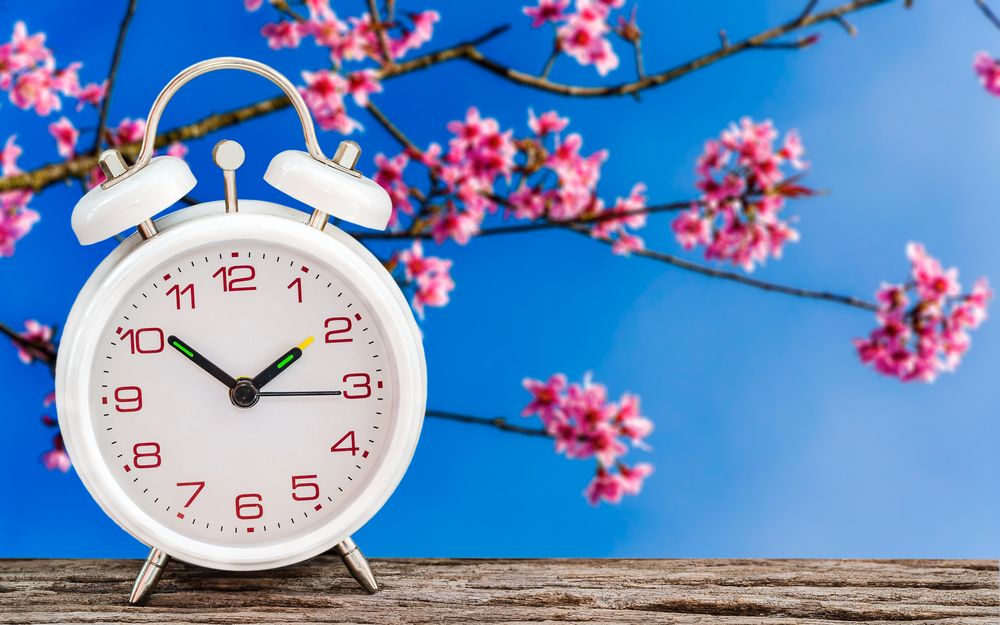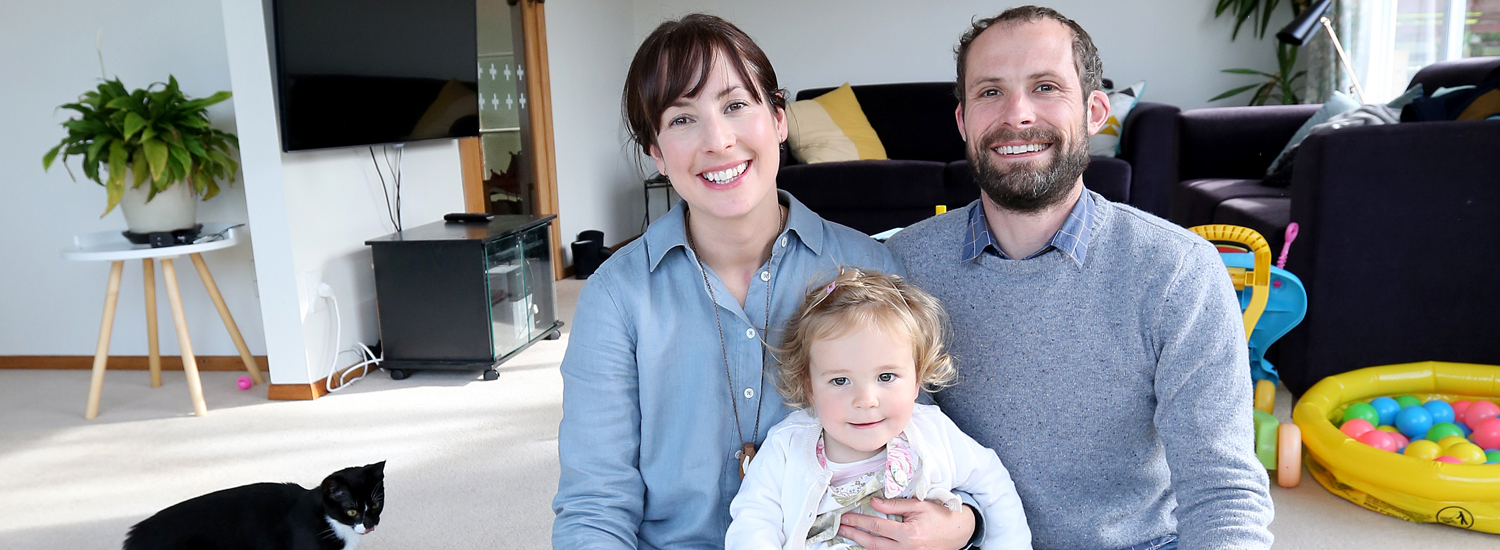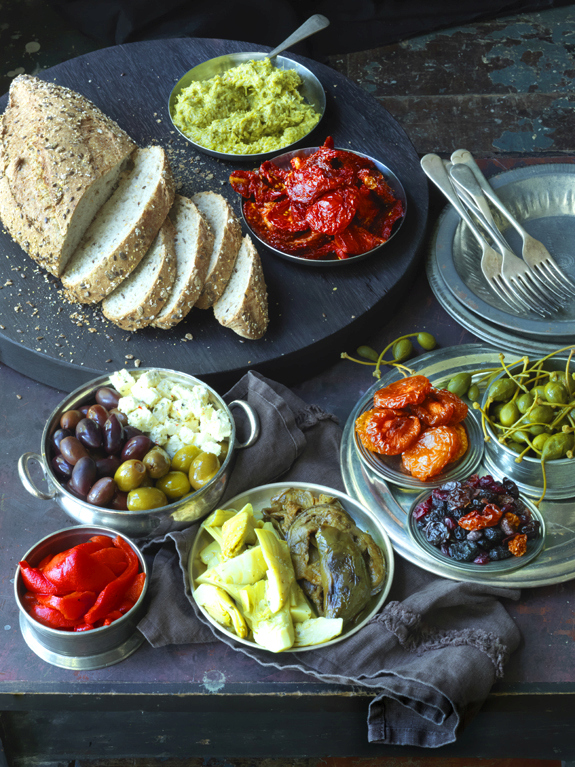Thrown out of whack every year by daylight savings? We look at some of the potential effects on your body of turning back time.
You can’t bluff Mother Nature. The introduction of daylight saving, heralding summer, is out of step with the still-opening buds of daffodils and fluffy new ducklings. As Father Time marches on, the first day of daylight saving is guaranteed to bring downpours, tornadoes and stormy weather forecasts. Given that the official start of spring isn’t until late September, we’re being forced to spring forward into summer mode when it’s really only late winter. A slow uncoil would be much better.
The end of daylight savings, by comparison, delivers a bonus extra hour of snooze time, but it also brings to an end the long, languid and light-filled summer evenings. It’s the inescapable moment when we acknowledge that summer’s over and that we need to prepare ourselves for dark, cold months ahead.
Although it’s only an hour of sleep difference, some researchers say the effects can be likened to that of a three-hour jet lag.
The week following the start of daylight savings is a minefield of bad moods, lack of motivation, low achievement and general clumsiness. It can seem like the only benefit is having more time to watch the rain, hail or snow. ‘Springing forward’ by an hour is harder to cope with than ‘falling back’ an hour in autumn as changing the clocks doesn’t change the sun.
This disturbance to our sleeping patterns by moving our clocks disrupts our 24-hour natural cycle, the circadian rhythm. Light is the main prompt for triggering our circadian rhythm and with our internal clock out of sync, this can have a marked effect on our bodies. Before artificial lighting, humans lived more by the sun cycle.
We now stay up all night with the lights turned on, which affects our inner clock. We are able to override these natural triggers, but it can be at the expense of our health. Modern life can involve being perpetually sleep-deprived.
According to a study by Christopher Barnes and David Wagner of Michigan State University, in the Mondays directly following the switch to daylight saving time where one hour is lost, workers sustain more workplace injuries and injuries of greater severity. Increased traffic accidents and a spike in heart attacks have also been noted at the onset of daylight saving.
Some research suggests lack of sleep impairs immunity which in turn compromises health. Some people may be resilient enough to handle the one-hour shift in their sleeping patterns, but others can take days or even weeks to adjust. By going to bed one hour earlier than usual, many of us will end up lying in bed unable to fall asleep, getting less sleep than if we kept our natural rhythm.
The good news is you can control your circadian rhythm, even though it’s internally generated.
12 daylight savings tips to try:
Light hinders the secretion of melatonin, a sleep-inducing substance, rather like the sandman of the hormonal world. Expose yourself to light during waking hours as much as possible, and try not to expose yourself to bright light when it’s dark.
Create a sleep-friendly environment – reduce caffeine, exercise several hours before bedtime, relax with a hot bath, try eye masks and ear plugs, and avoid heavy or spicy food.
Avoid alcohol – with the reduction in sleep you may be susceptible to the effects of alcohol. But don’t skip breakfast – you’ll need fuel to keep going.
Stick to routine; go to bed and get up at the same time every day.
Try modifying your sleeping (bed an hour earlier) and eating schedules (dinner an hour earlier) before the time change occurs. Eating carbohydrates may also make it easier to fall asleep. The Flopsy bunnies from the Peter Rabbit story had the right idea – they ate so much of Mr McGregor’s lettuce they fell fast asleep. The milky sap from cut lettuce is known to calm the nervous system and cause a mildly soporific effect. Eat leaves raw. Drink an infusion in the evening. Make lettuce soup.
Use caution when driving or operating machinery.
Cut yourself some slack. Don’t make important decisions. Put things off if you can. Be kind to yourself.
Try the old Amish trick of stuffing a pillow case with hop flowers sprinkled with a little alcohol to release precious oils.
Or try this old Slavic remedy – combine two tablespoons honey with juice of a lemon and an orange. Mix in half a glass of warm water. The darker the honey, the better it works.
Another remedy is petunia tea from Costa Rica. Brew half a cup freshly-snipped petunia petals and a few leaves in one or one and a quarter cups hot water for 25 minutes. Strain, sweeten with maple syrup and vanilla, and drink slowly while it’s pleasantly warm.
What about a pine bath? Gather pine needles, twigs and cones. Combine and cover with water. Boil for 30 minutes. Cover with lid and steep two to three hours. Strain, pour into a warm bath, and soak.
If all else fails, resort to hocus-pocus. Owl feathers placed under your pillow are said to cure insomnia, as is a cut raw onion. If eating raw onion doesn’t help your sleep, at least it’ll ensure you have the bed all to yourself!





